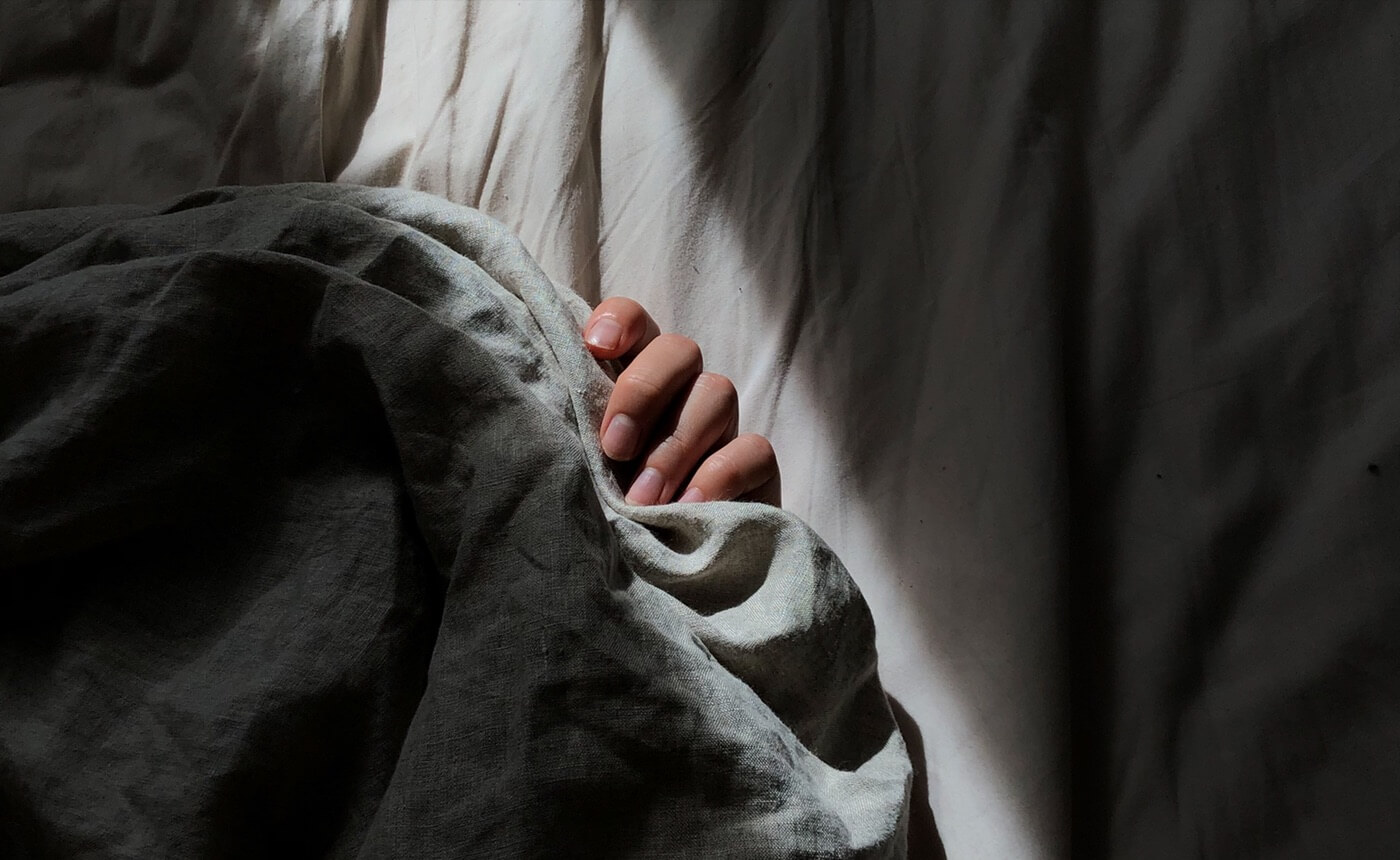You’ve probably heard that we need eight hours of sleep each night since you were a kid – but was that just a ploy from your parents for an uninterrupted night? Well, as I’m sure — the answer to that is no. According to the National Sleep Foundation, from the age of 18, we all need between seven and nine hours of sleep a night. Making eight the perfect number.
However, your overall health also needs to be factored in, as this could change depending on where you’re at.
Essentially, the eight hours of sleep is a guide, and how much you actually sleep is dependent on your needs — but not getting enough sleep can be damaging to your body and your mind.
Here’s why we need that restful slumber.

8 Hours can help with your Decision-Making Skills
If you’ve ever gone to work with little or no sleep, you’ve probably noticed that your ability to think and reason wasn’t as quick as it usually is. Not only is your brain foggy, but often our impulse control is impaired as well, so making decisions is much harder.
This is because the connection between your amygdala, the emotional part of your brain, and your prefrontal cortex, where most of the high-level decisions in your body are made. Your amygdala then takes over a lot of the decision-making, so your choices are based more on emotion than reason.
It Boosts your Immune System
Sleep reorganises your brain at night, but it also resets your immune system. By day, your immune system fights infection and keeps you protected from various diseases. By night, it needs time to regroup and replace any dead cells.
Every cell in your body actually works on a 24 hour cycle, so making sure your immune system has time to reset before the next cycle begins keeps it in fighting form to protect you from common illnesses.
It Helps to Prevent Disease
Habitually bad sleepers tend to have high cholesterol and high blood pressure, both of which can cause significant health problems for ten years afterwards. That’s why getting eight hours every now and then isn’t enough; we need a regular eight hours every night to prevent knock-on effects that can last for years.
Getting enough sleep can decrease anxiety symptoms
If you suffer from anxiety, making sure you get a solid eight hours of sleep can do wonders. Scans of a sleep-deprived brain look very similar to images of people with psychological disorders, meaning that some of the symptoms of sleep deprivation mirror psychological illnesses.
As we sleep, we go through different REM cycles. In deep REM sleep, our emotions from the day before are reset and new experiences are digested. If we don’t give our brains enough time to digest all of these emotions, it means we can’t process any potentially anxiety-inducing situations. As a result, we suffer from increased anxiety or even depression.
It Stabilises Blood Sugar
People with shorter sleep schedules have a higher proclivity for diabetes. A study done in Los Angeles showed that just three days of catch-up sleep resulted in a 31% increase in insulin sensitivity. To reduce your risk of developing diabetes and especially if you’ve already been diagnosed with diabetes, making sure you get eight hours of sleep is very important.
In short, eight hours of sleep each night boosts your health both physically and mentally. To help make sure you get enough sleep, avoid screens and caffeine for a few hours before bed and do all you can to make sure your bedroom is a relaxing and calm environment.



